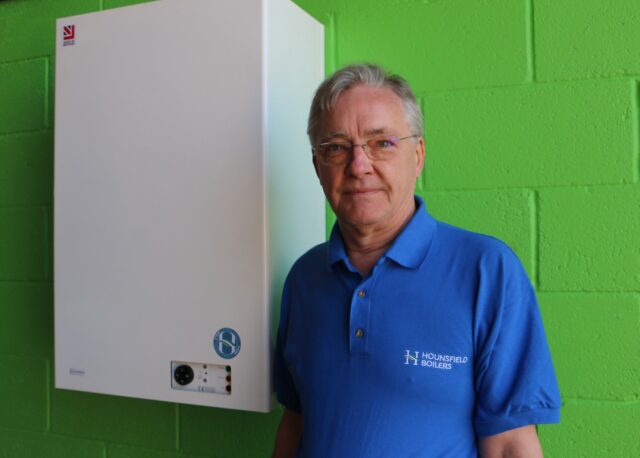Hard water households in Essex could save £676 a year on energy bills by installing a water softener in their home.
People living in Essex – a hard water area – are more prone to limescale deposits building up within their heating system, which can cause blockages in pipework and boilers. This reduces the overall efficiency of a heating and plumbing system, resulting in higher energy bills.
However, by installing water filters and switching to softer water, households can make significant savings on their energy bills.
Hard water is measured in parts per million (ppm), noting how many particles of hardness, such as magnesium and calcium carbonate, are dissolved in the water – with anything over 200ppm considered to be hard water.
Research by Harvey Water Softeners using the company’s online water hardness test found that some cities in Essex, such as Colchester, have a water hardness reading of over 390ppm.
Furthermore, in the recent 2021 UK Hard Water Index, Colchester, Chelmsford and Basildon all ranked in the top 12 hard water areas in the UK. Harvey Water Softeners estimates that removing limescale from heating systems in these postcodes could save households £56 a month on energy bills.
Today’s figures come as UK households grapple with ways to save on their household bills amid soaring energy costs. Ofgem, the UK’s energy sector regulator, recently announced its cap on prices would rise by over £800 to reach £2,800 by October 2022.
Tony Jones, General Manager at Harvey Water Softeners, said: “If you are living in a hard water area of the country such as Essex, one way of offsetting soaring energy bills from increasing further is to install a water softener. Not only can it help to reduce your yearly bills, but it can also improve your home’s fuel efficiency and safeguard from a boiler malfunction and the incurred expense of getting this repaired.”
Switching to softer water could also help people in Essex save an additional £50 a month on their shopping bill, according to previous research by Harvey Water Softeners. The minerals in hard water make it less effective in producing a lather and cutting through limescale when using cleaning products, meaning consumers must use more of a product in order to get the same results gained through using soft water. This £50 monthly saving could be a lifeline to Essex households as supermarket items along with energy costs continue to rise in price.
ENDS




